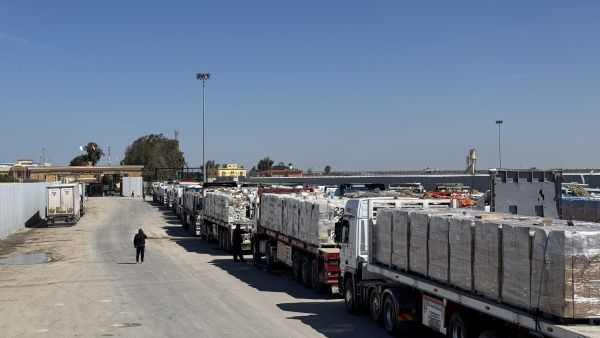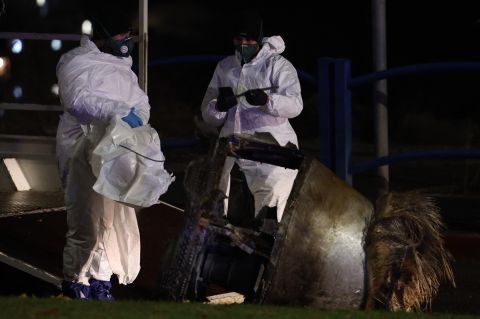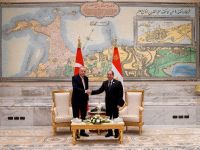ALBAWABA – Israel has decided to resume the immediate transfer of humanitarian aid into the Gaza Strip, following a recommendation from the military and increasing international criticism over the worsening humanitarian crisis in the enclave.
According to a report by Axios, the Israeli political and security cabinet reached the decision on Sunday. The aid will be delivered via international organizations until a new coordination mechanism is established and operational, scheduled to begin on May 24.
Axios journalist Barak Ravid noted that existing humanitarian delivery channels will remain in use temporarily, as the new aid system is not yet in place.
Reports from Yedioth Ahronoth and other Israeli outlets suggest that American diplomatic pressure played a significant role in Israel’s decision. Despite internal opposition, including from Finance Minister Bezalel Smotrich and National Security Minister Itamar Ben Gvir, the decision was passed without a formal vote.
Channel 14 reported that the decision sparked heated debate during the cabinet meeting. Ben Gvir harshly criticized Prime Minister Benjamin Netanyahu’s stance, saying the aid transfer was a “serious mistake.” His request for a cabinet vote on the issue was reportedly denied.
A statement later released by Netanyahu’s office clarified that the move was made based on a recommendation from the Israel Defense Forces (IDF), stating that the aid deliveries were aligned with efforts to expand the scope of ongoing military operations in Gaza.
The decision follows mounting international outcry over Israel’s blockade of Gaza, which has prevented the entry of food and medicine since early March. The humanitarian situation has deteriorated rapidly, with widespread shortages and dire conditions for civilians.
At the same time, Israeli air and artillery strikes have continued to pound residential areas and civilian infrastructure around the clock, resulting in a rising death toll among Palestinians.
The resumed aid transfer is seen as a tactical move amid the broader military campaign, which Israeli officials insist will continue alongside the delivery of humanitarian assistance.










